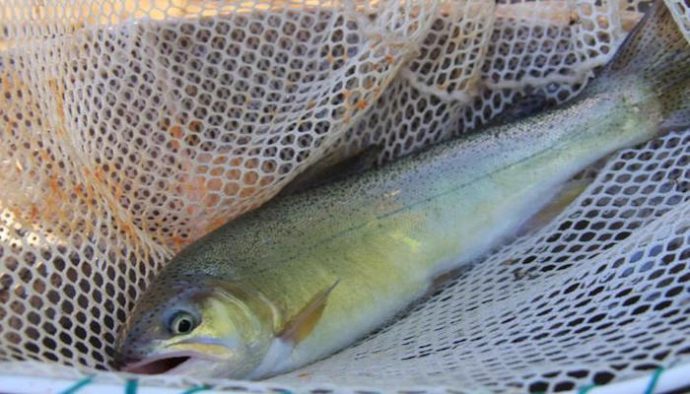What does it mean to be a friend? Not an acquaintance, not a buddy, but a true friend? Such a relationship goes well beyond shared interests and common life stages. No – a true friend is someone who not only wants what is best for another, but is willing to walk alongside and help them pursue their good even if it comes at great personal cost.
The greatest good we can help each other pursue is not comfort, it’s not ease, it’s not congeniality – it’s Christ formed in us. This is indeed the primary reason God has made us a relational creatures – it’s so that we can help each other follow Jesus.
Now put those things together, and you find that a true friend is one who is willing to help you follow Jesus even if it means great personal cost to them. And sometimes – maybe many times – that means a true friend is someone who is willing to tell you the truth. The hard truth. The truth that stings. So says the proverb:
“The wounds of a friend are trustworthy, but the kisses of an enemy are excessive” (Prov. 27:6).
One of the ways the Bible describes this kind of truth-telling is with the word “restore.” And that’s what we find Paul saying to the churches in Galatia. There were some hard truths that had to be spoken and received, because many in these churches had gone astray. They had walked away from the true gospel, but Paul urged the faithful not to just let them leave. That’s not what true friends do:
“Brothers and sisters, if someone is overtaken in any wrongdoing, you who are spiritual, restore such a person with a gentle spirit, watching out for yourselves so that you also won’t be tempted” (Gal. 6:1).
The goal here is restoration. It’s important for us to understand, though, that restoration is not without compassion. The hard truth-telling of a friend is not done in pride, but in broken-heartedness. And that’s where we turn to the fishing nets for an object lesson.
See, the word restore is the same word used in Mark 1 of the fisherman who were mending their nets:
“Going on a little farther, he saw James the son of Zebedee and his brother John. They were in their boat mending their nets…” (Mark 1:19).
They were “mending” them. Or “restoring” them.
Such work is tedious, time-consuming, and careful. You have to be down on your hands and knees, looking deeply and carefully about the way those nets are intertwined and wound around each other. Then, once unwound, you have to carefully put them back together. You have to separate the strands from each other so that you can truly identify the complicated and tangled issue.
Why do you go to such great lengths, though? It’s not for the purpose of identification; you already know the net is busted. You do it to restore it – patching the rips and tears and putting them back in order so they might be useful for their intended purpose once again.
This is a good lesson for us if we truly seek to be true friends. As we tell each other the truth, we should look to the nets for guidance. Because just like restoring the nets, restoring a brother or sister takes a long time. It involves careful personal investment. It’s something that’s only truly accomplished by those who know what they’re doing. It’s messy, pain-staking work. And it’s the kind of work that can only be accomplished if we have the end goal in mind of putting things back in their working order.
Thank God this is what Jesus does with us long before we attempt to do it with anyone else. The Holy Spirit convicts and shines light on our sin – not just our behavior, but the deep-seeded heart issues that motivate those specific acts of disobedience. But all the while He does it, He is reminding us that we are, nevertheless, the children of God.
So may it be in our relationships. That we tell each other truth, not so that we can be proven right, but so that true restoration might take place. So that Christ might be formed in us all.
Subscribe to MichaelKelley.co
Never miss a new post. Subscribe to receive these posts in your inbox and to receive information about new discipleship resources.




